Number of Cylinders in Car Engines: A Balancing Act
 JamesFeb 23, 2024, 09:25 PM
JamesFeb 23, 2024, 09:25 PM
Commonly used cylinder numbers for automobile engines range from 3, 4, 5, 6, 8, 10 to 12. For engines with displacements below 1L, 3 cylinders are commonly used; for those between (1 ~ 2.5) liters, 4 cylinders are usually used; for those around 3L, 6 cylinders are used; for those around 4L, 8 cylinders are used, and for those above 5.5L, 12 cylinders are applied. Generally speaking, with the same cylinder diameter, the more cylinders there are, the larger the displacement and the higher the power. With the same displacement, the more cylinders there are, the smaller the cylinder diameter, the higher the speed can be achieved, thereby obtaining larger power. Cylinder arrangements mainly consist of inline, V shape, W shape, etc.
Most engines with 5 cylinders or less use the inline arrangement; a small percentage of 6-cylinder engines also use the inline arrangement, in the past, there were also inline 8-cylinder engines. The cylinders of the inline engine are lined up in one line, and the structure of the cylinder block, cylinder head, and crankshaft is simple, leading to low manufacturing costs, good low-speed torque characteristics, and less fuel consumption.This makes it widely used.
However, the drawback is that the power is relatively inferior. Generally, 3-cylinder inline gasoline engines are used for engines below 1L, and inline 4-cylinder gasoline engines are used for (1 — 2.5) L. Some four-wheel drive vehicles use inline 6-cylinder as their width is small, allowing side layout of turbochargers. Inline 6-cylinder engines have good dynamic balance and relatively less vibration, so they are also used for some medium and high-end cars. (6 — 12) cylinder engines usually adopt the V-shape arrangement, among them V10 engines are mainly installed in racing cars. V-shaped engines are of small size and height, very convenient to arrange, and are generally considered as advanced engines, also being one of the symbols of the vehicle class.
Nissan V6 Engine:
Introduction:
The V6 engine is a brand-new fourth-generation VQ engine gathering advanced technology and brings about excellent noiselessness and power that surpasses its competitors. In 1988, Nissan started the development of a new V6 engine with the development concept of lightness, aiming to build an engine that strives for high performance and high efficiency while releasing massive power in the most gentle and smooth way, thus providing consumers with a driving pleasure that is completely controllable. Since then, through continuous innovation and upgrades, this engine has won the "Top Ten Engines" selected by the authoritative American car magazine "Ward & rsquo; s Auto World" for fourteen consecutive years, creating a miracle in the history of industry.
Status:
The V6 engine (VQ25DE and VQ35DE) is the brand-new 4th generation VQ engine (equipped with 2.0L MR20DE engine). This engine is specifically built by Nissan for its high-end cars, and it is the only engine in the world that has won the title of "World Top Ten Engines" for 14 consecutive years. Of course, it is also the trump card of Nissan power.
Development Story:
The engine is like the heart of a car and is an important factor in measuring car handling performance. In order to fully utilize the D platform performance condensed with Nissan's top technology, the development team of the new generation Teana — — "Dream Team" still brings out Nissan's trump card — — VQ engine. In order to further improve the performance of the third-generation VQ engine, the "Dream Team" innovated 9 technologies based on global consumer feedback, resulting in the birth of the fourth-generation VQ engine which achieves the perfect balance of excellent controllability and comfortable riding performance of the new Teana.
By looking at the freight journey of the VQ engine, we can see why the Dream Team of the new-generation Teana relied on it: Equipped with luxury models such as Infiniti G35, M35, FX35, EX35, and NISSAN Skyline,'s Auto World & rsquo; ldquo;Global Top Ten Engines & rdquo; awarded by "Ward & rsquo; s Auto World". There is no competitor in the same grade mass production models.
The media's lavishing praise also fully reflects the excellent performance of this world-class top engine: "Very lively throttle response at any speed" (1998 World Top Ten Engine Award); in 2000, the media used the analogy of a cat to praise it: "Cat-like agile acceleration and incomparable smoothness create the greatest driving fun; in 2001, the VQ engine won the award for its "absolutely no disturbing tremor, outstanding throttle response, it is deservedly the best V6 engine", and by 2006, the VQ engine was still laughing at the world' s top ten top engines Fengyun List for its "extremely outstanding acceleration in all gears, and the power performance at any speed is perfect".
Technical Explanation:
New Fourth-Generation VQ Engine:
Benefit: The new fourth-generation VQ engine has stronger power and smoother output.
Technical principle: Through 9 technical improvements, it not only retains the performance characteristics of the V6 engine, but also increases the power by 7.6% (horsepower) compared with the previous generation of VQ engines, and the torque increases by 5%, while it largely increases fuel economy.
Aerospace Grade Ultra Low Friction Technology:
Benefit: Reduce fuel consumption, improve power output.
Technical principle: The aerospace grade ceramic material that achieves diamond-level hardness is coated on the surface of the engine piston, and the manufacturing process also uses real round hole cylinder body processing technology used in racing technology, which reduces the friction force of the previous generation VQ engine by 40%.
NICS Variable Intake Control System:
Benefit: More powerful power.
Technical Principle: The new generation Teana also uses the NICS variable intake control system. Through the sensor to automatically adjust the intake valve according to the engine speed, to improve the intake efficiency, reduce noise at low and medium speeds, and improve power output at high speeds—the VQ engine’s torque has increased by 5% compared to the previous generation.
C-VTC Continuous Variable Valve Timing Intelligent Control:
Benefit: High fuel economy and high power perfect combination.
Technical principle: The new generation Teana uses C-VTC continuous variable valve timing intelligent control, which allows the engine to control the best ignition time according to driving conditions, achieving optimal output power and torque performance.
Automatic balancing high rigidity engine cylinder body:
Benefit: Reduce engine noise, stable driving.
Technical principle: The new generation Teana reduces engine vibration through the high rigidity of the cylinder head and cylinder body, and the use of adaptive balancer.
If any infringement occurs, please contact us for deletion
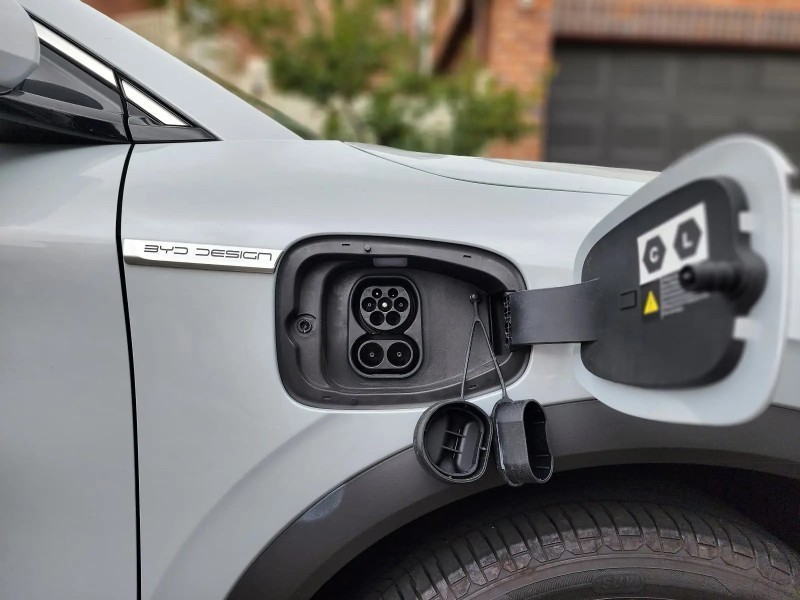
BYD Plans to Promote 1000V High Voltage Super Charging Stations and Its Models on a Large Scale
【PCauto】Recently, the news that BYD plans to massively implement a 1000V high-voltage supercharging platform has attracted widespread attention. It is reported that this platform will be launched in the middle of March this year and supports super-fast charging above 5C. After its release, it will quickly be popularized to its own models and large-scale construction of 1000V supercharging stations.This move will undoubtedly set off a wave in the new energy vehicle market. Let's delve into the te
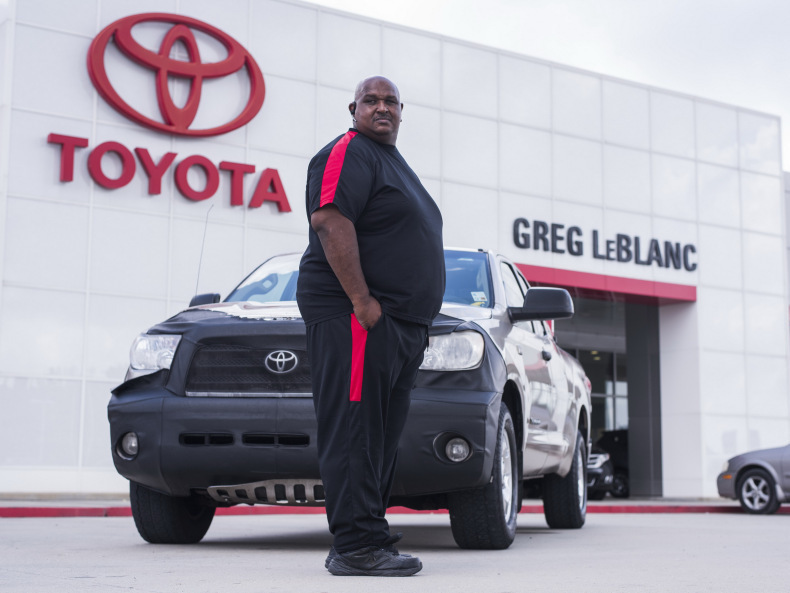
Toyota Tundra Owner Achieves the Second Million-Mile Milestone
[PCauto] The mileage often measures the quality and durability of a car, and Victor Sheppard and his two Toyota Tundra pickups have set a staggering record.With Victor Sheppard's dedication and careful maintenance of the Toyota Tundra, he successfully drove two different Tundra pickups over 1 million miles (approximately 1,609,340 kilometers).In 2007, Sheppard bought a brand new Toyota Tundra CrewMax. Over the next nine years, as a contractor, he worked across the United States, from Louisiana t
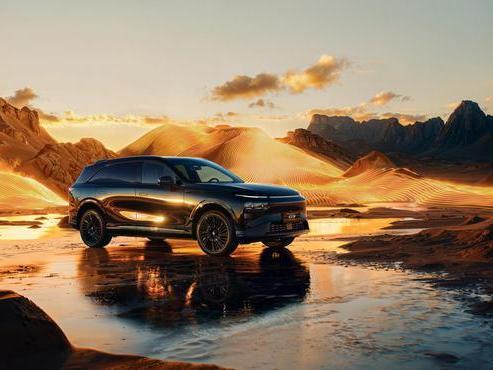
XPENG G9 is about to be launched in China, bringing 66 upgrades in features
【PCauto】XPENG has recently announced that the 2025 XPENG G9 will soon be launched in China. Although the official did not announce the time and price, the success of XPENG G6 and X9 has rekindled expectations for the once-failed G9 by XPENG. In terms of appearance, the G9 continues the X-BOT FACE 3.0 design language, with a closed grill at the front paired with split-style headlights on both sides, new two-tone collision colors and all-black body styles, with a petal-style wheel hub. Combining
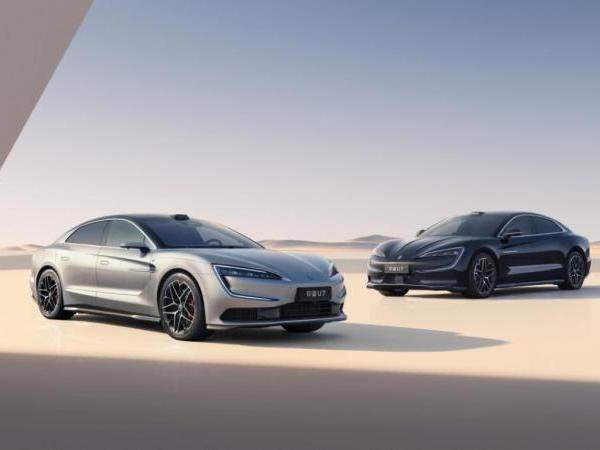
BYD YANGWANG U7 Launches with World's First Suspension Charging Tech
[PCauto] On March 27, BYD YANGWANG U7 was launched, with two power versions of pure electric and plug-in hybrid, a total of four models. YANGWANG U7 EV Five-seater Luxury Edition, priced at about 292.85 million baht/RM38.31 YANGWANG U7 EV Four-seater Flagship Edition, priced at about 330.04 million baht/RM43.19 YANGWANG U7 PHEV Five-seater Luxury Edition, priced at about 292.85 million baht/RM38.31 YANGWANG U7 PHEV Four-seater Flagship Edition, priced at about 330.04 million bah
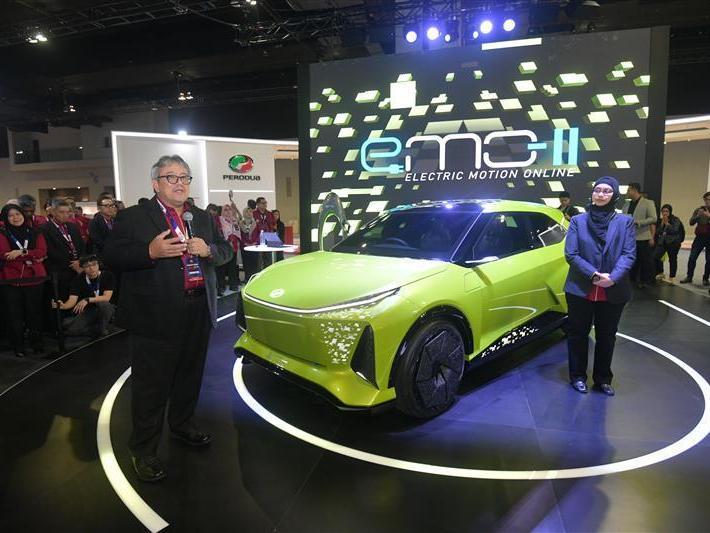
What will the new Perodua Car look like in 2025? What kind of changes will they undergo?
【PCauto】In 2025, Perodua will introduce a series of anticipated new car dynamics, covering the launch of new models and remodeling of several existing models, whether in the bold step in the field of electrification or in the optimization of classical models.Perodua is to launch its first electric car in 2025Perodua's first pure electric car is expected to go on sale officially in the fourth quarter of 2025. To ensure the vehicle's performance and quality, Perodua may initiate testing work as ea
Popular Cars
Car Compare

